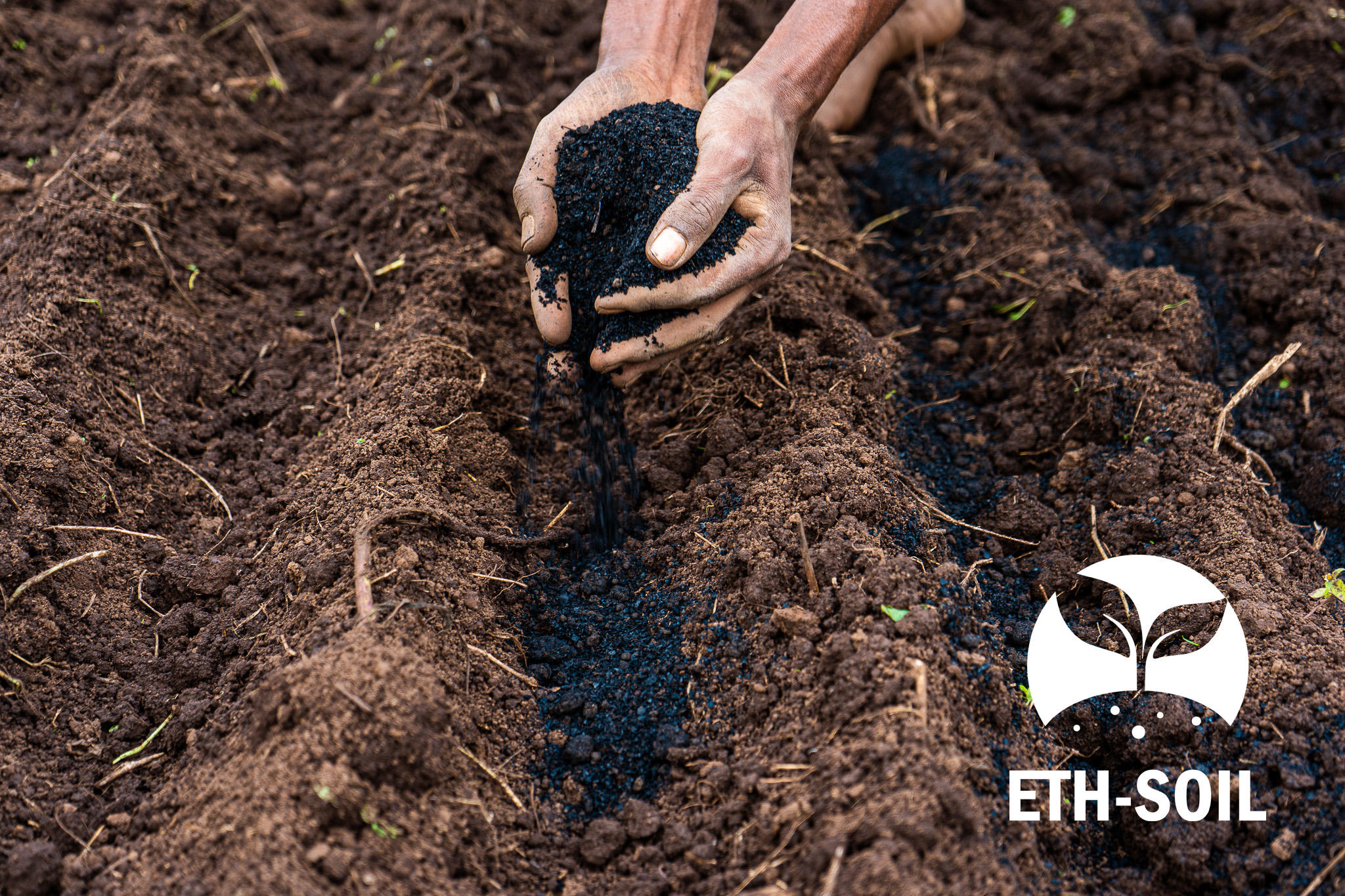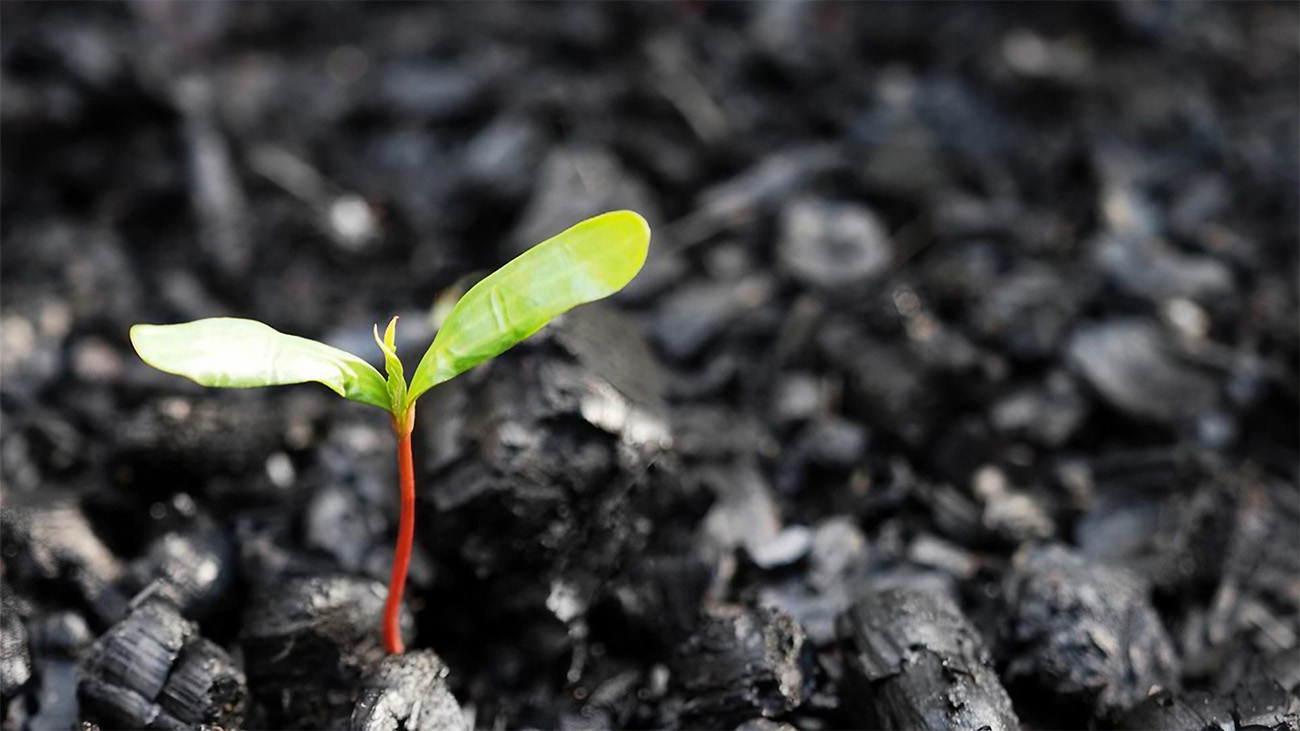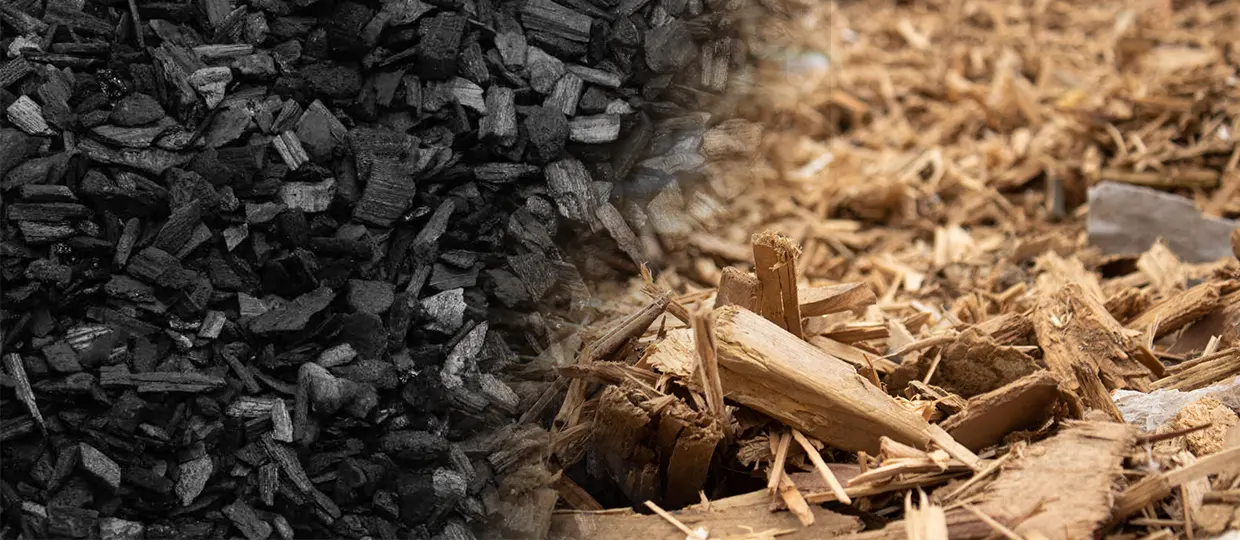Soil pH plays a vital role in determining plant health and agricultural productivity. Too acidic or too alkaline soils can limit the availability of essential nutrients, affecting crop growth and yield. One promising and sustainable way to manage and correct soil pH imbalances is by using biochar — a carbon-rich material derived from organic biomass through pyrolysis.
Biochar is not just a soil amendment; it’s a long-term investment in soil health. Produced through a process called pyrolysis, where organic materials such as crop waste or wood chips are thermally decomposed in the absence of oxygen, biochar has a porous structure and high surface area. These properties make it highly effective at retaining nutrients, improving soil structure, and moderating soil acidity.

A key factor in successful biochar application is using high-quality equipment for its production. Investing in a reliable biochar making machine ensures consistent product quality and scalability. These systems are designed to handle various types of biomass, offering flexibility for agricultural producers and environmental managers.
Biochar also improves cation exchange capacity (CEC), allowing the soil to better retain essential nutrients like potassium, calcium, and magnesium. This not only enhances nutrient availability but also reduces leaching and improves fertilizer efficiency. For farmers operating in regions with low-pH soils, integrating biochar into their soil management practices can lead to measurable gains in productivity and sustainability.
The environmental benefits of biochar production are equally significant. Modern systems such as the biomass pyrolysis plant enable the conversion of agricultural waste into a stable form of carbon, helping to sequester CO2 and reduce greenhouse gas emissions. This contributes to climate change mitigation while enhancing soil performance — a rare dual benefit.

Additionally, using a dependable biomass carbonization machine enables continuous and energy-efficient biochar production. With advances in automation and emission control, these machines can be operated safely and economically on both small and industrial scales.
It’s also worth noting the role of industry leaders like Beston Group, who provide innovative solutions for biochar and biomass processing. Their technology helps bridge the gap between environmental stewardship and economic opportunity, making it feasible for more farmers and land managers to adopt biochar-based soil remediation strategies.

In conclusion, biochar presents a powerful, low-risk solution for adjusting soil pH levels. Whether you’re dealing with overly acidic soils or looking to enhance soil fertility sustainably, biochar offers a way forward. By leveraging advanced equipment like a biochar production equipment, agricultural practitioners can turn waste into a valuable resource, improving both soil health and environmental resilience.